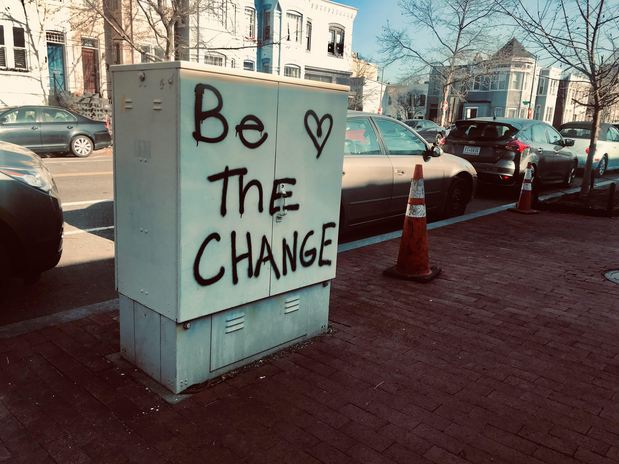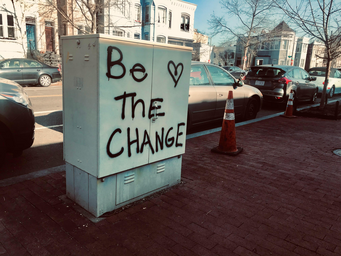Allyship has been on the rise in Millennial and Gen-Z generations. The conversations surrounding social justice, inclusion, and human rights are topics most young adults debate often and intensely. This is, in my opinion, the greatest contribution our generations have given to the progression of the social structure so far. But there is still so much work to do. As the outrage against oppression and marginalization grows, so does the number of people participating in performative allyship. Before we pat ourselves on the back for doing our part in dismantling the system with our black square post and rainbow t-shirt, it’s important to understand the fundamental objective of activism: action. But how do you become an active ally?
Allyship is about active, consistent, and evolving participation in anti-racist and anti-oppressive interests. This requires an understanding of the repressive systems in place and how the community you wish to support suffers from these systems. So do your research. Be persistent and consistent with your education and acknowledge that there is always more to learn. This will help you reflect on how you unknowingly contribute to these systems, and how you can inform your future actions to become a better ally.
This brings us to the second part of active allyship: participation. Real change comes out of the increasingly significant ways in which you let your knowledge inform your decisions. This can manifest in so many ways. You can speak out against prejudice and injustice when you witness it in daily life. Use your knowledge and privilege to challenge words or actions that contribute to oppressive systems. You can create space for friends, family, and community members who are experiencing bigotry to speak freely. Just be careful not to use members of the community as dictionaries or search engines. If you have the means, you can begin making more informed economic decisions. Shop from retailers whose values align with yours. Look for sellers who are transparent about their monetary support for marginalized communities and the dismantling of inhumane systems. Contributions to campaigns, charities, or fundraisers either monetarily or through volunteer work is a great step as well. Ultimately, the goal is to create a social and economic system in which the oppression of a community is no longer sustainable.
It goes without saying that celebrating the rise in superficial activist culture while oppression and marginalization are ongoing is redundant and makes us worse allies. Although overwhelming at times, we must work to regularly educate ourselves on the depth and destruction of systematic oppression. But the constant pursuit of knowledge, while important, is not enough. This social awareness must be applied to your everyday life. If you are reading this, you have the desire and capability to become a better ally. If you find this intimidating, just imagine how crushing it is for entire racial and orientational communities that are unable to ignore these oppressive systems every day. We can all do better.

